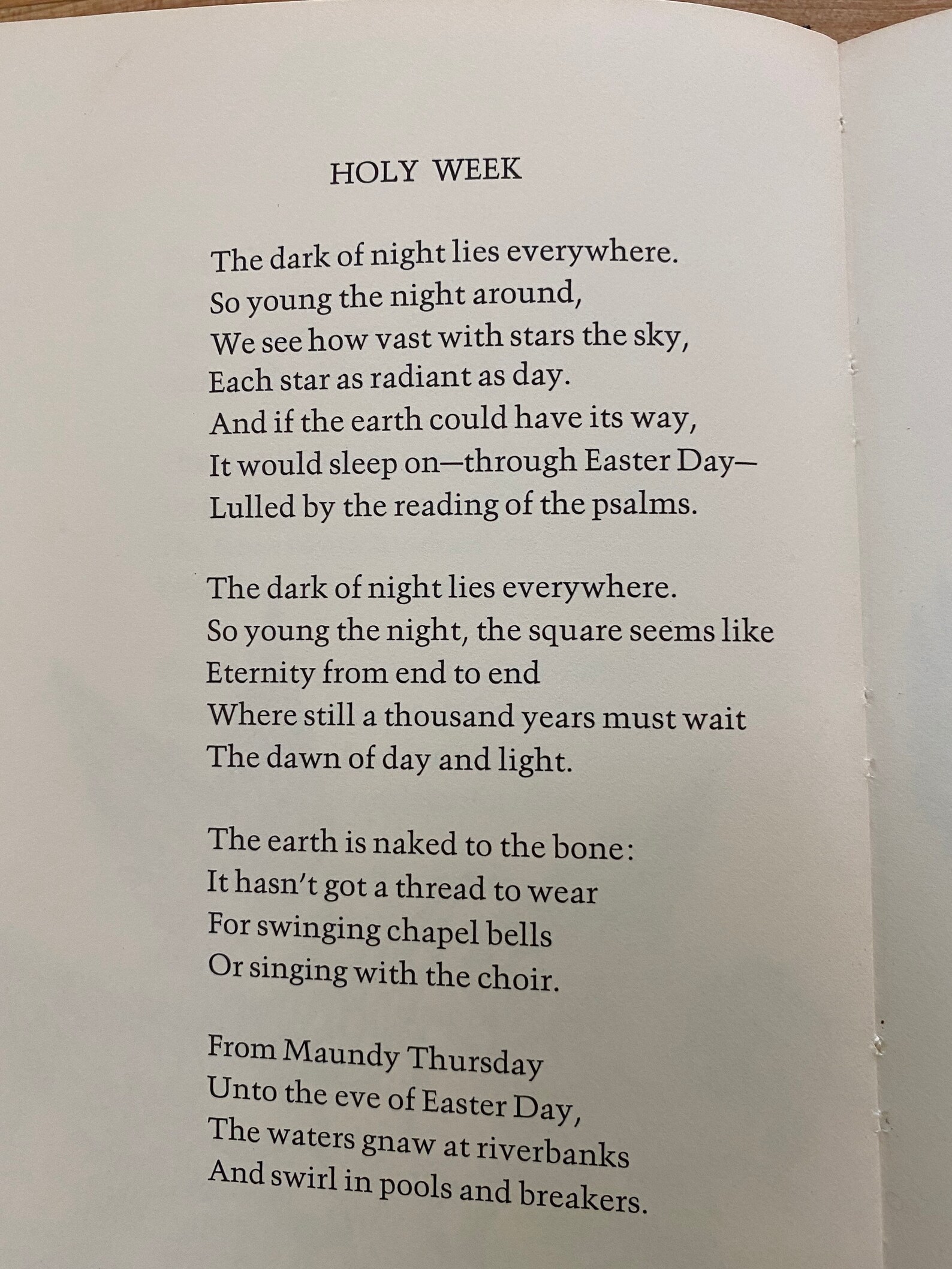



Yury describes the urban milieu and the Russian countryside and there are a lot of references to nature in the novel as well as the poems. The treatment of nature in the novel as well as the poems is important as it is parallel to the author’s conception of nature as the destiny of the modern man as well as a symbol of the life that he leads. Yury’s suffering from typhus in the novel is also used as an extended metaphor in the poems, relating typhus to robbers, doom, nightingale’s song and easter awakening. There is also the link that could be found between Sima’s discourse on Mary Magdalene in the thirteenth chapter and the Magdalene poems in the last chapter. Some instances that can be taken from the novel and the poems are when Yury describes the candle behind the frozen windowpane when Lara talks to pasha (Chap 3), his perception of the image, the beginning of a poem and finally the poem itself in the last chapter. There are connections between a perceived image in the novel, Yury’s meditation on it and the later transfiguration of it into a poem. It could also be said that the novel and the poems in the last chapter share similar cognitive and linguistic patterns. In the novel there is a complex and convoluted structure of poetic associations that underlies the prose. The poems and the novel as a whole contain three basic themes-nature, love and the protagonists views on the meaning of life. In the novel, Yury also writes the poems after he is separated from Lara and they are finally published when he moves to Moscow. Zhivago (Yury) wrote poetry in his student days, much later in the novel when he is living with Lara Varykino, he is actually shown writing several of the poems that constitute the last chapter. As the chronology of the novel suggests many of the poems were written at the same time as that of the prose parts. In many instances the narrative seems to be an extension of the poems. Pasternak in his novel time and again stresses the importance and the relevance of the poems to the personality of the hero as well as to the plot of the novel. The last chapter of Pasternak’s novel ‘Dr.Zhivago’ consists entirely of poems prompting certain authors to call it a novel-poem.


 0 kommentar(er)
0 kommentar(er)
